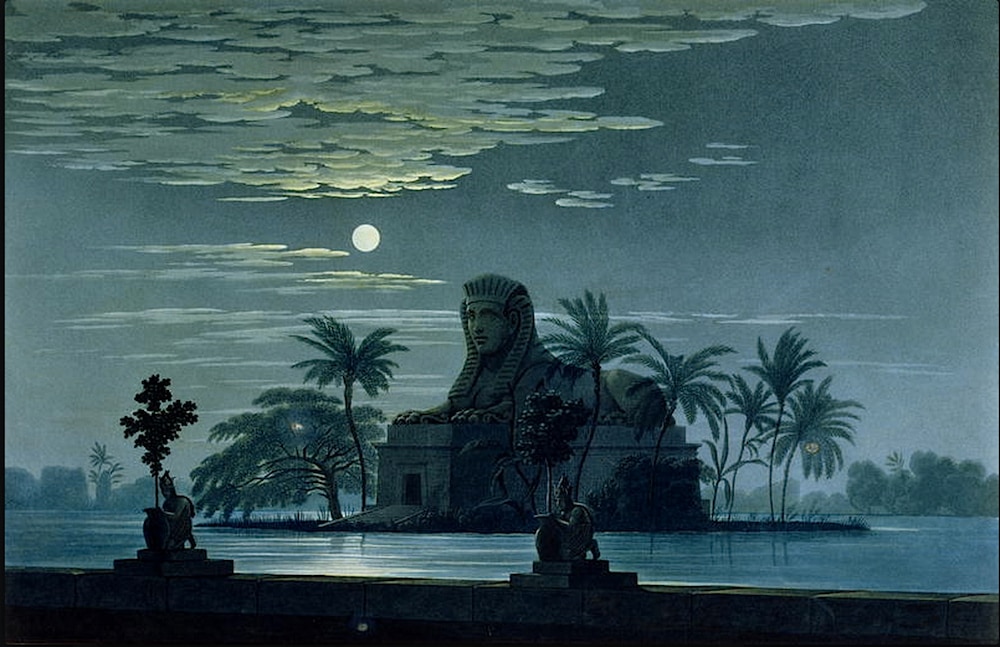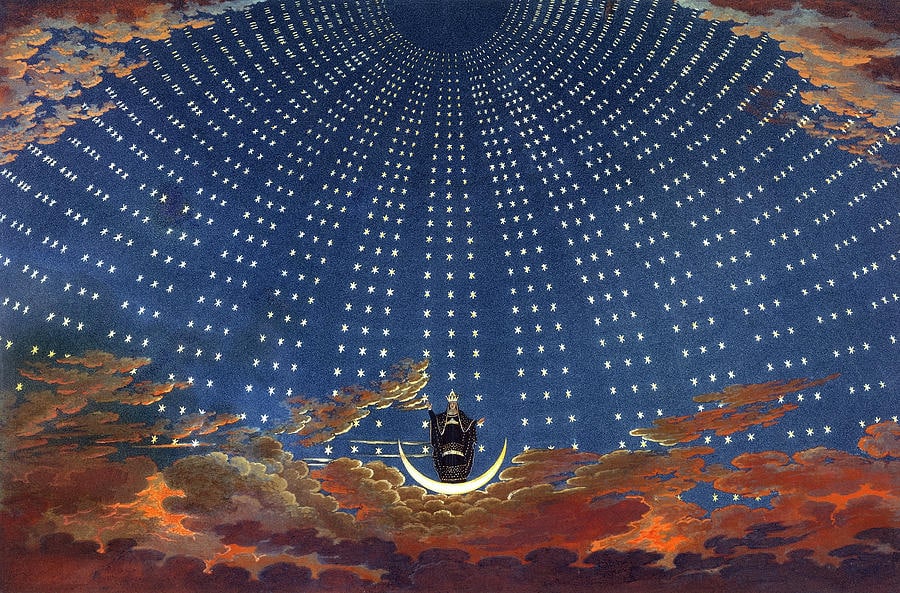The sun’s rays chase night away – and the talent of National Opera’s singers will shine forth once more in their third production, Mozart’s Magic Flute, at the Albert Hall on 27 June.
“The Magic Flute is a perfect opera to see for the first time,” says the company’s artistic director, Peter Coleman-Wright. “It has fantasy, magic, intrigue, goodies and baddies, humour and tragedy, and loveable characters.”
And in the abridged Pocket Opera format, it’s only an hour and a quarter long.
“People can come and enjoy the show, get the most wonderful tunes and music that they will recognise, have a glass of wine, and then go home and be in bed by 7.30.”
The Magic Flute (Die Zauberflöte in German) is Mozart’s most beloved opera, and (depending on the year) the second or third most performed opera in the world after La Bohème and La Traviata.
It is a kind of mystical pantomime: a profound work in which the forces of light (or Freemasonry) banish darkness and superstition, and a fairy tale full of wicked enchantresses, good wizards, simple bird-catchers, serpents, and dancing animals. Its appeal is universal.
The Flute was originally performed at one of Vienna’s popular theatres, with a libretto written by the impresario Schikaneder, who was both a noted Hamlet and a clown. Goethe wrote a sequel to the work (a precursor to Faust), while George Bernard Shaw thought two arias in it were the only music he knew that would not sound out of place in the mouth of God. It has been filmed by Ingmar Bergman (1975) and Kenneth Branagh (2006).

The Magic Flute is National Opera’s third Mozart of the year; the company débuted in April with La Clemenza di Tito, and staged a shortened version of The Marriage of Figaro last month.
The Pocket Opera approach, Coleman-Wright explains, “keeps the thread, the momentum of the story moving, without stopping it with long arias”.
Reducing an almost three-hour opera by an hour and a half necessitates some cuts, of course. The Queen of the Night, for instance, only has one of her numbers, the famously demanding rage aria Der Hölle Rache; the heroine Pamina loses her slow aria Ach, ich fühl’s; and the bird-catcher Papageno loses a verse from his chirpy song. Nor does the cast have a booming bass to sing the mage Sarastro; he is an offstage force of good.
“We touch on everything, but I don’t want it to dip … so it’s a real bullet of a story.”
The Pocket Operas also serve as a training ground for young singers, an approach Coleman-Wright pioneered as artistic director of Pacific Opera, Sydney. Mozart’s operas, he explains, have a big cast, where everyone gets a go (rather than, say, Romantic Italian opera, often a vehicle for star soprano and tenor).
“I want people to learn roles; to really understand what it takes to get inside the character, to learn how to act and to sing in another language.”
Everyone in the cast is Canberran; many are students at the ANU School of Music, where Coleman-Wright and his wife Cheryl Barker teach. “I have some very promising young singers… There are some really lovely voices, and the singing standard is very, very good.”
National Opera will close its first season in October with Puccini’s La Rondine, directed by Gale Edwards and conducted by Dane Lam. The company will soon hold auditions for next year – which, Coleman-Wright hinted, will include a quintessential Australian work and a family opera at the end of the year.
“We have had fantastic momentum; we’ve had incredible reactions from people who came to see Tito. … We really want Canberra to embrace this company, so that we can keep soldiering on, and get better and better.”
The Magic Flute, Albert Hall, 27 June, 2pm and 6pm. For more information, and to book, visit the National Opera website.



